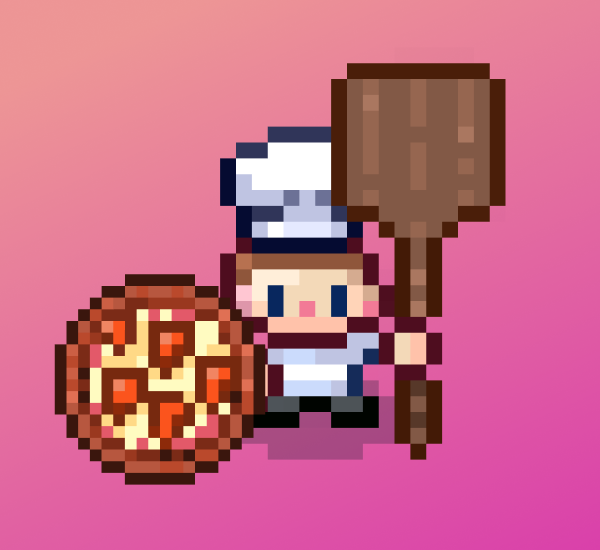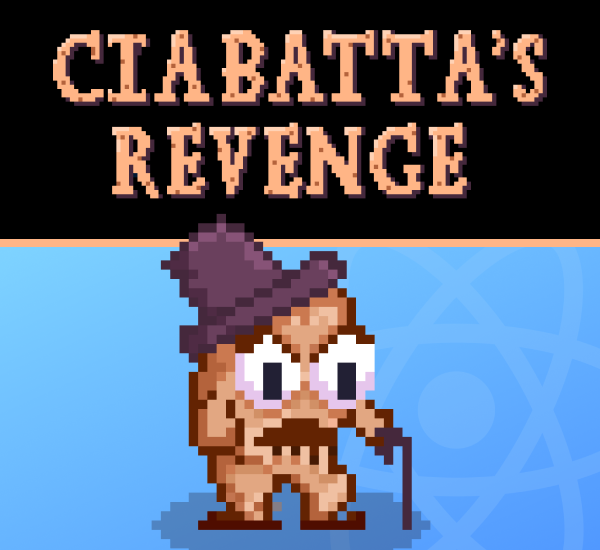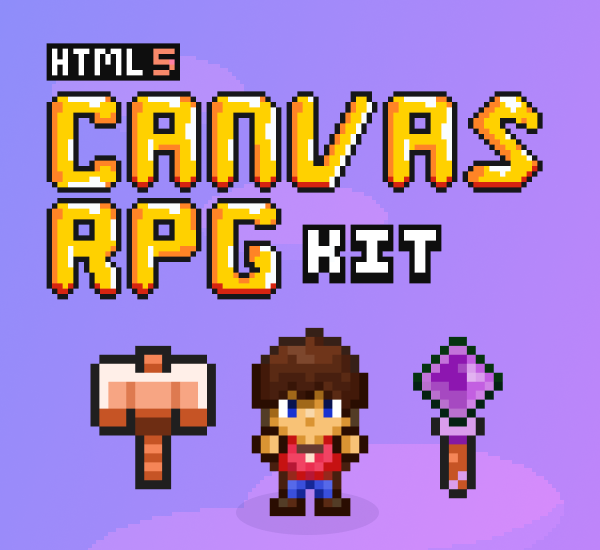
Pizza Legends JS on YouTube
We build a top down, turn based RPG using only HTML, CSS, and vanilla JavaScript. The game is about ambitious pizza chefs.
Watch on YouTube120+ step-by-step coding video tutorials
JavaScript, TypeScript, Godot, Design, and more
Ship your game for the world to play


JavaScript

TypeScript

HTML Canvas

React

Godot 4.x

Game Design
Full Bundle! Everything you need to build games with React, JavaScript, Next.js, and TypeScript.
Video Modules:

A suite of videos for quickly spinning up on the fundamentals of HTML, CSS, and JavaScript. Early Access

Build an action-puzzle game with React.js. It's grid-based, action packed, and all about bread! We'll include many puzzle game features and the ability to edit levels in real time.
• 48 videos

Let's build a GBC style Zelda-like multiplayer game. We'll cover classic character animations, movement, attacks, and enemies. We'll then create peer-to-peer connections with other players to bring the game online.
• 14 videos

Let's build a flexible, web-based level editor in Next.js! You can use the editor to generate content for your game projects.
• 19 videos

Build a lightweight top-down game engine using only JavaScript and HTML Canvas. We'll use the systems to create common RPG features. You can build on top of this to make the game your own.
• 23 videos

Let's go through a bunch of challenges you may encounter when interviewing for a Front End developer job. These coding challenges are all from real world interviews
7 videos

Let's dig open the code of Danger Crew and talk through how each feature was implemented. We'll also cover the Danger Crew Level Editor too, which is the best part.
6 videos

We build a top down, turn based RPG using only HTML, CSS, and vanilla JavaScript. The game is about ambitious pizza chefs.
Watch on YouTube
A series of casual video-essays about lessons I've learned in building and releasing games.
Watch on YouTube